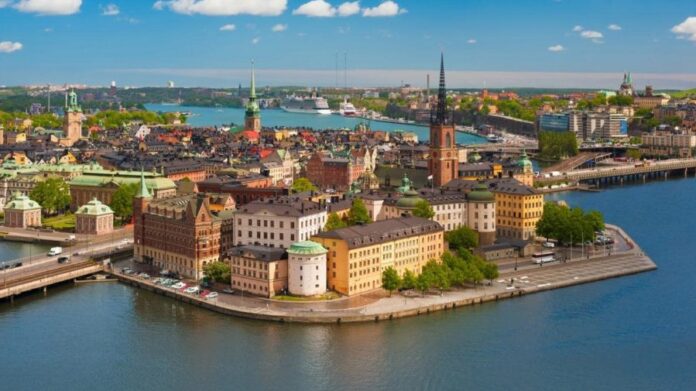After World War II, Sweden distinguished itself through strategic neutrality, innovative economic policies, and a solidaristic social culture. These elements transformed it from a relatively modest economic country into a global leader in multiple fields.
Unlike other European countries devastated by war, Sweden benefited from neutrality, avoiding massive infrastructure destruction. This situation allowed the government to direct resources towards internal development and rapid industrialization.
Impressive Economic Growth
Between 1950 and 1970, Sweden’s GDP grew steadily by 3-4% annually, placing it among the top industrial economies in the world. Today, thanks to a diversified and innovative economy, Sweden has a GDP per capita of over 60,000 USD.
Sweden adopted a unique social system, characterized by:
- High progressive taxes: Around 44% of the country’s GDP comes from taxes, funding extensive public services.
- Universal high-quality services: Education, healthcare, and social protection are accessible to all citizens without direct costs.
FOR THE MOST IMPORTANT NEWS, FOLLOW US ON TWITTER!
Innovation and Sustainability
One of the essential factors behind Sweden’s success is its massive investment in technology and sustainability. Iconic companies such as Ericsson, Spotify, and IKEA are based there, and over 3% of GDP is allocated to research and development.
Sweden is a world leader in renewable energy, with 54% of national consumption generated from green sources.
Equality and Social Cohesion
Swedish policies promote:
- Gender equality: Sweden is one of the most advanced countries in terms of gender equality.
- Support for families: Generous parental leave and subsidies for child-rearing have contributed to an inclusive and prosperous society.
Relevant Economic Data
- Exports: Industrial products account for nearly 70% of exports, including cars (Volvo, Scania) and cutting-edge technologies.
- Average salaries: A Swedish worker earns an average of 45,000 euros annually.
- Foreign direct investment: Sweden attracts billions of euros annually due to a business-friendly environment and political stability.
What Makes Sweden Different from Other Countries
- High transparency: Low corruption levels and an efficient governance system place Sweden among the least corrupt countries in the world.
- Cultural innovation: Investments in art and culture have created an open, adaptable, and innovative society.
- Work-life balance: Flexible working hours and employee support ensure high productivity while maintaining personal satisfaction.


